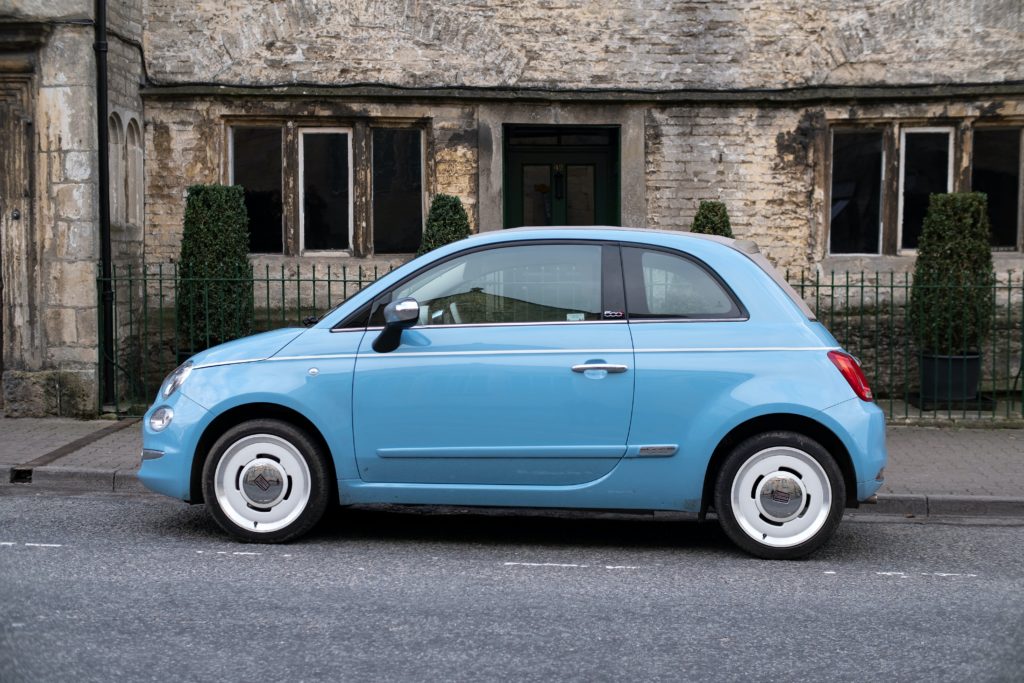
Paying your vehicle excise duty (VED) is something all car owners need to stay on top of every year. But if your circumstances change, you can apply for a car tax refund.
You can use Motorway’s new tax checker to see when your car tax expires.
Read on to find out how to cancel road tax on a car you no longer drive and get your money back.

Why would I need a refund on car tax?
There are a few reasons you might need a car tax refund, and they don’t always mean getting rid of your car. Major changes to your vehicle can change the amount due on your car tax, such as when:
You’ve sold your car
Obviously, you don’t want to be paying tax on a car you’ve sold.
You’ve taken your car off the road
Also known as registering your vehicle as SORN (Statutory Off Road Notification). If you don’t plan to take your car on the road, it doesn’t need to pay road tax.
Your car was written off by your insurance
Written off cars cannot be driven, so you don’t want to be paying car tax on them.
You’ve scrapped your car
Don’t end up paying car tax on a car that no longer exists! Failing to tell the DVLA you’ve scrapped your car can also lead to a £1,000 fine.
You’ve exported your car
If you’re moving abroad then UK road tax will no longer apply to your vehicle.
Your car has been stolen
There is a different process for a car road tax refund following a car theft. This will involve your car insurance company.
Your car is exempt from vehicle tax
Vehicles such as those used by disabled people and electric cars don’t pay road tax.
You’ve modified your car
This can change the car tax band of your vehicle, either increasing or decreasing the amount due.

How to get your car tax refund: things to remember
There are a few things to keep in mind when you apply for a refund of car tax, so make sure you don’t waste any time in making your application.
Refunds are paid in full months
That means you can’t apply for a refund for a portion of a month e.g. if you sell your car midway through a month.
It can take up to six weeks
Once your application for a refund has been received, it can take up to six weeks for a cheque to arrive in the post. If you were paying by direct debit, this will be cancelled automatically. If your refund isn’t processed within eight weeks, contact the DVLA. You may also need to wait an extra four weeks for a SORN confirmation.
| Application | Processing time |
| SORN confirmation | 4 weeks |
| Road tax refund | 6 weeks |
| Other applications by post | 6-8 weeks |
Changing your tax band requires extra admin
If you are applying for a refund due to a change in your cars tax band, then you will need to inform DVLA of the change before you can apply to get money back. In this case, you’ll need to send in:
- Your V5C
- Your current MOT certificate
- Written proof that your car’s changes make it eligible for a new tax band
If the changes require you to pay more tax, you’ll also need to send in a cheque paying any extra tax due. Once the DVLA has registered your changes, you’ll receive a new V5C.
Extra fees won’t be refunded
Remember that any repayment you get for your car tax refund won’t include any credit card fees you had to pay. There are some surcharges that won’t be refunded, either:
- The 5% surcharge placed on some direct debit payments
- The 10% surcharge on a single six-month payment
Tax does not transfer with the car
If you are selling your car with plans to buy another one, the tax on either vehicle is based on car ownership — it doesn’t carry on, being able to cover any car you drive. Simply put, your tax payments are closely connected to both you and the exact car you own. Make sure you update the DVLA every time you buy or sell a car and transfer ownership.

How to cancel your road tax
You will have to contact the DVLA to get your money back on any tax you’ve paid. In most cases, you can apply for a DVLA car tax refund online.
You can also post applications to:
Refund Section
DVLA
Swansea
SA99 1AL
This is also the address you should return your refund cheque to if you find your details are incorrect.

Ready to sell?
Need to sell your car, or want to understand more about documentation or maintenance? Check out more of our guides here, covering everything from the paperwork you need when buying and selling, to various notices you may need to file with the UK’s driver and vehicle licensing agency.
- How to tax your car
- What documents do I need to sell a car?
- V5C — The ultimate guide
- Service history — the ultimate guide
- Selling a car without a V5C
- How to buy or sell a private number plate
- The ultimate MOT guide
- Is your car insured?
- What insurance group is my car?
- Cat A, B, S and N explained
- The ultimate guide to Cat N cars
